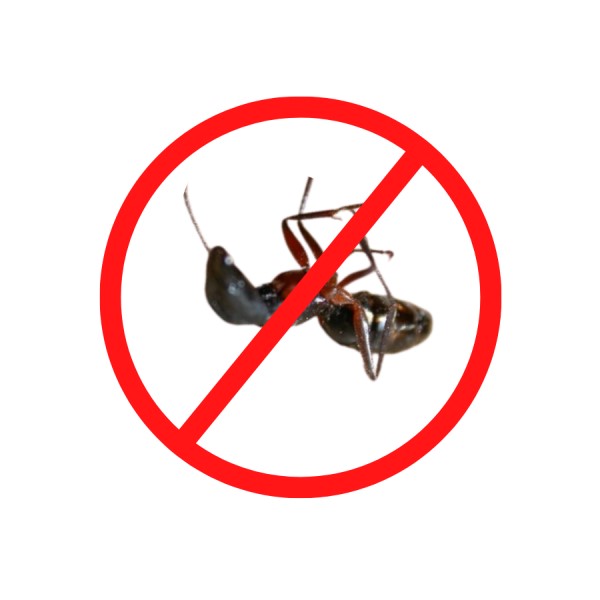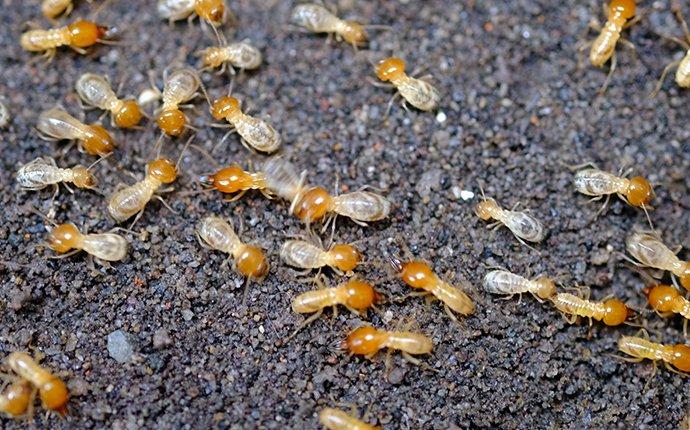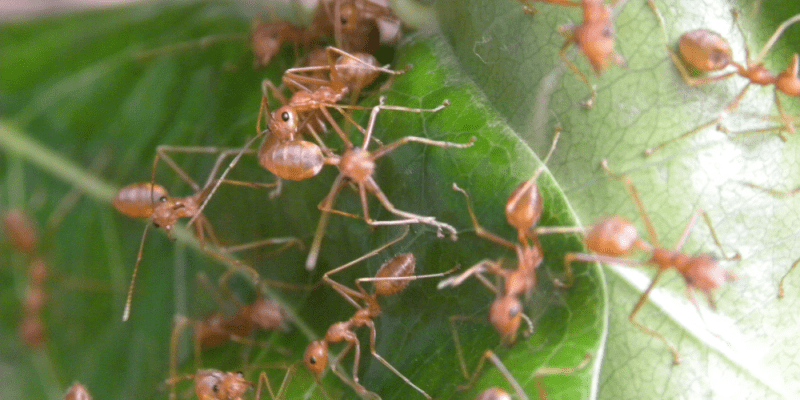Specialist Termite Control Services: Secure Your Home from Termite Damage
Specialist Termite Control Services: Secure Your Home from Termite Damage
Blog Article
Environmental Impact of Insect Control: Balancing Performance With Sustainability
The ecological effect of parasite control is an important concern that needs a delicate balance between accomplishing efficiency in guaranteeing and managing parasites sustainability of our communities. As we aim to protect our plants, homes, and health from the risks presented by insects, the approaches we employ can inadvertently harm the setting. From the use of damaging chemicals that permeate into our soil and water to the unintended effects on non-target types, the effects of standard insect control techniques are significant. Nonetheless, there are emerging approaches that supply expect an extra sustainable strategy to pest administration. These options not only aim to address the instant insect problems but likewise consider the lasting wellness of our planet.
Hazardous Chemicals in Parasite Control
The use of hazardous chemicals in pest control postures considerable ecological and wellness dangers that require cautious factor to consider and reduction methods. Herbicides, chemicals, and pesticides are frequently used to eliminate bugs, but their widespread application can bring about unintentional consequences. These chemicals can pollute dirt, water sources, and the air, affecting not only the targeted pests but additionally useful pests, wild animals, and people.

To address these dangers, integrated bug administration (IPM) strategies are being advertised as a much more sustainable option. IPM involves a mix of techniques such as organic control, environment control, and the targeted use chemicals as a last hope (ant control raleigh nc). By taking on an all natural approach to pest control, we can decrease the ecological and health effects associated with harmful chemicals while successfully handling pest populaces
Effect On Non-Target Types
Thinking about the unexpected effects of insect control techniques, the influence on non-target types is a critical element that calls for comprehensive analysis. While pest control measures aim to target particular insects, various other microorganisms in the ecological community may be accidentally impacted. Non-target types, including advantageous pests, birds, animals, and also plants, can suffer straight or indirect injury from pesticide applications or organic control methods.
Chemicals can have dangerous or sub-lethal impacts on non-target species. Insecticides designed to battle a particular insect bug may hurt pollinators like bees or all-natural killers such as ladybugs. Additionally, chemical deposits can accumulate in the environment, influencing non-target organisms with time. In a similar way, biological control representatives, otherwise species-specific, can position dangers to unintended targets, interfering with the eco-friendly equilibrium.
To reduce the influence on non-target species, integrated pest monitoring (IPM) strategies that emphasize an alternative technique to pest control are recommended. These approaches focus on the use of eco-friendly practices, reducing harm to valuable organisms while properly managing pest populaces. Performing extensive threat analyses and keeping an eye on the results of parasite control efforts are necessary action in guarding non-target types and advertising general ecosystem wellness.
Soil and Water Contamination
Unintended environmental consequences of pest control techniques expand past influencing non-target varieties, with significant effects for dirt and water contamination - ant control. Pesticides, herbicides, and chemical plant foods used in insect control can seep into the dirt and contaminate groundwater, posing a risk to both earthbound and marine environments.
Water contamination is another essential problem related to bug control practices. Drainage from farming areas treated with chemicals can carry these chemicals into close-by water bodies, affecting aquatic microorganisms and water top quality. Impurities in water sources can have far-ranging consequences, influencing not just water life but also human health via the intake of infected water or marine microorganisms. To minimize dirt and water contamination from pest control activities, incorporated pest administration strategies that prioritize sustainability and lessen chemical inputs are important.
Air Air Pollution From Chemical Use
Exposure to air-borne chemicals during agricultural applications postures a considerable problem for air contamination control actions. In addition, chemical drift, where pesticides are brought by the wind to unintended locations, click can lead to the contamination of neighboring environments and water bodies.

Techniques for Sustainable Bug Control
In the world of agricultural practices, applying lasting insect control techniques is vital for keeping ecological equilibrium and protecting plant yields. Sustainable insect control stresses the usage of environmentally friendly methods to handle bug populations properly while minimizing harm to non-target organisms and communities. Integrated Pest Administration (IPM) is a commonly taken on technique that incorporates biological, cultural, physical, and chemical control methods to achieve long-lasting bug management services.
Plant turning and diversification are likewise efficient strategies to interrupt pest life cycles and develop less beneficial problems for bugs to thrive. Inevitably, by integrating these sustainable parasite control methods, farmers can achieve an equilibrium in between pest management effectiveness and environmental stewardship.
Verdict
Finally, the environmental effect of pest control techniques must be meticulously considered to stabilize effectiveness with sustainability. Dangerous chemicals made use of in pest control can bring about soil and water contamination, air pollution, and injury non-target types - ant control. It is essential to implement lasting bug control methods to minimize these adverse results on the atmosphere and promote a much healthier environment for future generations
By adopting an all natural method to pest control, we can minimize the ecological and health and wellness impacts linked with harmful chemicals while efficiently handling pest populaces.

To reduce the air contamination caused by chemical usage, it is vital to embrace integrated parasite monitoring strategies that focus on the usage of non-chemical bug control approaches, such as crop rotation, all-natural killers, and resistant plant selections. Lasting parasite control emphasizes the usage of ecologically pleasant techniques to handle insect populaces effectively while minimizing damage to non-target organisms and ecological communities. Integrated Pest Management (IPM) is a commonly taken on technique that combines organic, social, physical, and chemical control approaches to accomplish long-lasting bug monitoring services.
Report this page